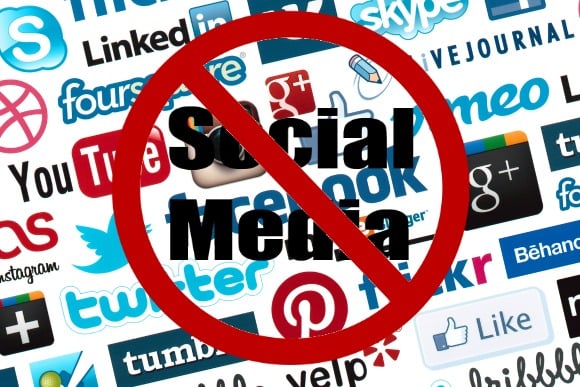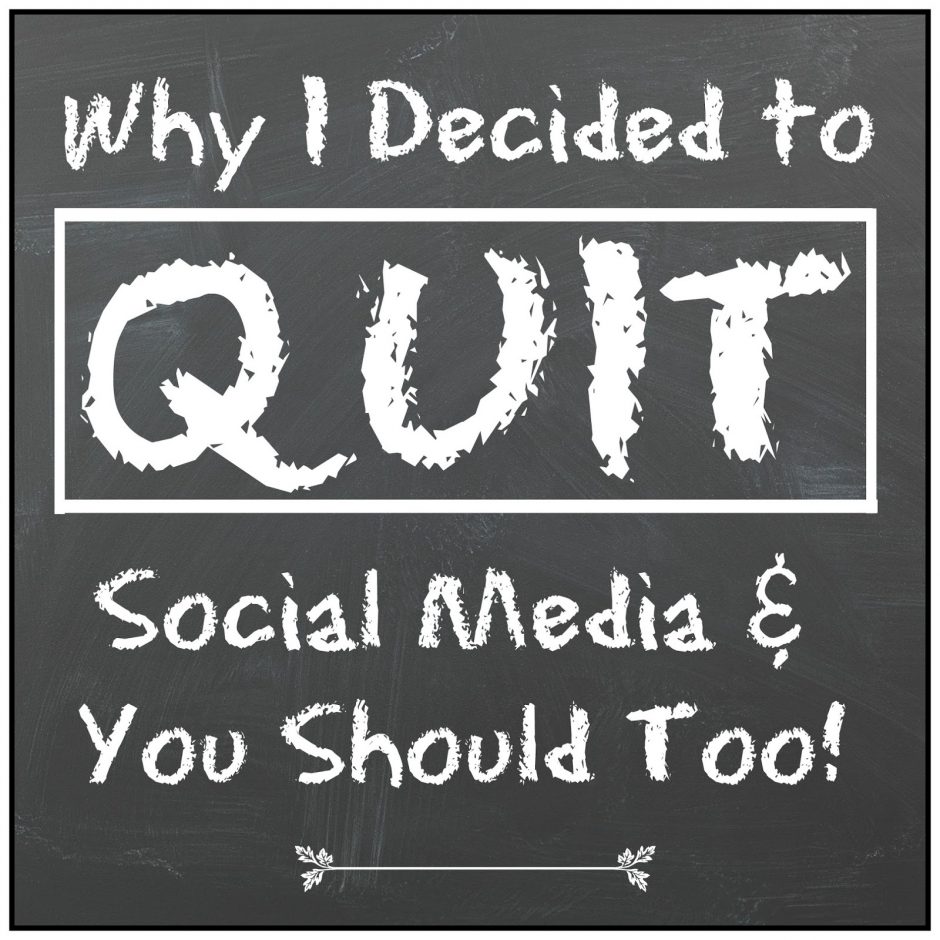

I thought that I’m using social media to connect with others. In the book The Age of Surveillance Capitalism, the author said it best: “Surveillance capitalists work hard to camouflage their purpose as they master the uses of instrumentarian power to shape our behavior while evading our awareness.” But in reality, social media platforms capitalize on our compulsive nature by encouraging impulse buys and doom scrolling. It’s not apparent unless you think about it. While you’re actually an active contributor to the growth of the platform. Making progress (by gaining followers and likes). Social media gives you this sensation that you’re doing something. A race that always ends badly for the player. Someone with a better job than yours.Īnd when these someones start to become your baseline of using social media, and how you actually live and think about your life, it’s no longer fun. You might be working hard to create this ultimately good-looking persona online, but there is always someone else. Therefore, you are not having as much fun as apparently the rest of the world.Īnd as I just said, the two go hand in hand. Covered in darkness because you don’t ever go anywhere. So… unrealistically perfect.Īnd when this concept gets in your brain you have two options which often overlap: 1) You can either try to outshine the shiniest of your friends – e.g., get a better car, get funky clothes, go to more places, post more happy pictures, etc.

I mean, everyone online was so good-looking. And this little planet icon, was quite literally representing the real world I was living in – virtual, yet so real. The more “points” I had, the better I felt. The more I was doing these things, the more numbers I’ve added to my little planet icon. After checking who commented or liked my pictures, I was back. As if someone handed a juicy chocolate cake to my hungry brain. When there was a red number added to the top right of my Facebook page, I always felt excited. And I didn’t know why, but I was so obsessed with checking my notifications. Energizing your empty soul, secretly seeking for meaning, after posting a picture and receiving a flow of clicks on your post – the beloved like!īack then, I wasn’t so involved in reading about behavioral economics and human psychology as I am today. And yes, the social validation going through your whole body. But after joining Facebook, I don’t know when, probably in 2009, it quickly became part of my life. Not that I was particularly obsessed with social media. Before my life after quitting social media, there was a chapter in my life where, I, too, thought that every meal and outfit had to be posed, captured, and tagged. Then, I think, that a large part of the day is wasted in a senseless imaginary virtual world.īut I was not always like this. And gosh, if liking pictures and thinking about what to share next consumes a large part of your day. The way we spent our days, everything we do, even the simple things, is the way we spent our lives.

Endlessly scrolling through pictures of people having a good time instead of doing something fun with my friends. Perished on commenting under posts about social change or doing something meaningful instead of actually doing something meaningful. Spent linking pictures of people going hiking instead of going hiking myself. Terrified, of the idea that one day I will wake up, and find that my life was wasted. For a bit over 3 years, I’m not using social media. Well, after saying no to cigarettes and alcohol after 7 years of obsessive use, I also decided that it’s time to take care of my mental health. The benefits of using social media, it seems for plenty of people, are far greater than the benefits of staying away.

Yet again, nobody is trying to prevent it – nor take the steps to withdraw. Everybody knows that it’s wasting your time and polluting your brain with envy, jealousy, and resentment. Social media is like cigarettes and alcohol.


 0 kommentar(er)
0 kommentar(er)
